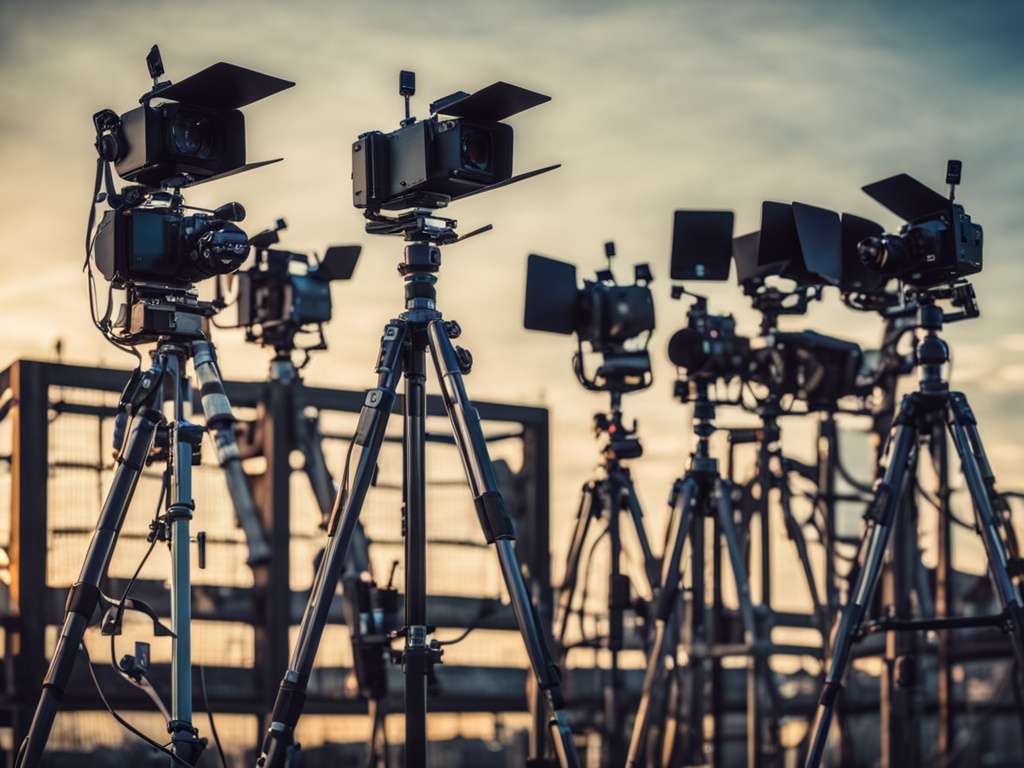GPS & Phone Jammers: What Are They? How Do They Work?

Mobile phone and GPS jammers, also known as PMTS and RNSS jammers respectively, effectively disrupt signals from devices like phones, GPS, and wi-fi networks. These transmitters interfere with lawful communications, providing a powerful tool for signal blocking.
- Problems Arising from the Use of Signal Jammers?
- Are Mobile and GPS Signal Jammers Actually Illegal?
- What problems do signal jammers cause?
- Looking for a Signal Jammer for Your Home, School, Office, or Private Space?
- Penalties for Using Signal Jamming Devices?
- Why Does GPS Fail to Function in Certain Locations?
- Is your mobile coverage poor or are you being affected by a signal jammer? Find solutions here!
- Does Using Signal Jammers to Implement Cell Phone Policies at Work Lead to Financial Penalties for Employers?
- How Can Employers Benefit?
Problems Arising from the Use of Signal Jammers?
Mobile phone and gps jammers pose significant threats to public safety. By disrupting frequency bands, they hinder mobile telecommunications, affecting the reliability of mobile phones. This can lead to the interruption of Triple Zero (000) and other crucial emergency calls, potentially putting lives in danger. Furthermore, GPS jammers can disrupt navigation systems relied upon by emergency services such as police, ambulances, and fire departments. These devices also have the capacity to interfere with various day-to-day communications, causing widespread disruption. The use of such jammers not only compromises the effectiveness of emergency response but also undermines the integrity of our communication systems.
Are Mobile and GPS Signal Jammers Actually Illegal?
What problems do signal jammers cause?
Using, selling, or owning mobile or GPS jammers violates the 2023 Radiocommunications (Jamming Equipment) Permanent Ban, causing legal issues and potential harm to public communication networks.
Looking for a Signal Jammer for Your Home, School, Office, or Private Space?
Looking for a jammer to enhance privacy in your home, school, office, or other premises? Be aware, these are banned devices with potential disruptive effects beyond your control, risking harm to others and unsafe operation.
Penalties for Using Signal Jamming Devices?
Operating, possessing, or supplying mobile phone or GPS jammers violates the Radiocommunications Act 1992, carrying heavy penalties. Face fines up to $1.375 million and a possible 5-year prison sentence. Compliance is crucial to avoid these serious consequences.
Why Does GPS Fail to Function in Certain Locations?
GPS signals, transmitted by satellites orbiting high above, can encounter interference from everyday obstacles like towering buildings and dense foliage, ultimately affecting the precision of location tracking.
Is your mobile coverage poor or are you being affected by a signal jammer? Find solutions here!
Struggling with weak mobile coverage? Suspect a signal jammer might be the culprit? Your mobile carrier is your go-to resource. They can pinpoint if the issue lies with a jammer or other factors disrupting your service.
Does Using Signal Jammers to Implement Cell Phone Policies at Work Lead to Financial Penalties for Employers?
While the National Labor Relations Board has previously supported employer policies banning cell phone use at work, a recent Federal Communications Commission (FCC) decision highlights a significant caveat in implementing such measures. The FCC has affirmed a penalty against an employer who utilized a signal jammer to enforce a no-cell-phone rule in the workplace. Signal jammers, devices that disrupt or block radio frequencies, are largely prohibited by the Communications Act of 1934 due to their potential to hinder crucial communications. This includes impeding employees’ ability to dial 911 during emergencies, disrupting first responders’ communications, or even interfering with maritime or aviation signals. Employers seeking to enforce cell phone policies should take heed of this ruling to avoid similar consequences.
The FCC’s Enforcement Bureau has launched an investigation into a Texas warehouse business suspected of using a signal jammer, following complaints from a telecommunications provider about interference. Under the Act, it is illegal for individuals to interfere with radio communications of licensed stations or those operated by the US Government, and the use, sale, or manufacture of non-compliant jamming devices is prohibited. These devices inherently aim to disrupt authorized communications, violating FCC standards. With limited exceptions, their use in the US is outlawed, making certification or usage generally impossible. The investigation in Texas underscores the importance of adhering to these regulations.
The FCC has upheld a $22,000 fine against a warehouse business that admitted to using a signal jamming device. The business owner, despite receiving a warning from a telecommunications provider about the illegality of such devices, had used it to prevent employees’ cellphone usage at work. Claiming to have disposed of the jammer without retrieving it for the FCC agent or disclosing its whereabouts, the owner even offered to sell the illegal equipment to the agent, who refused. The fine, imposed by the FCC Enforcement Bureau, includes penalties for operating an unauthorized device ($10,000), interfering with authorized communications ($7,000), and egregious conduct ($5,000). Despite appealing the decision, the warehouse business must now face the consequences of their actions.
How Can Employers Benefit?
When implementing a no-cellphone policy in the workplace, employers must tread carefully. While the NLRB’s previous ruling suggests that such policies may be legally permissible, the means of enforcement is crucial. The FCC’s recent decision makes it clear that using signal jammers to block cell phone use is not a viable or legal option. Therefore, employers should carefully consider alternative methods to enforce cell phone bans that align with legal regulations and ensure a smooth operational flow within the workplace.








